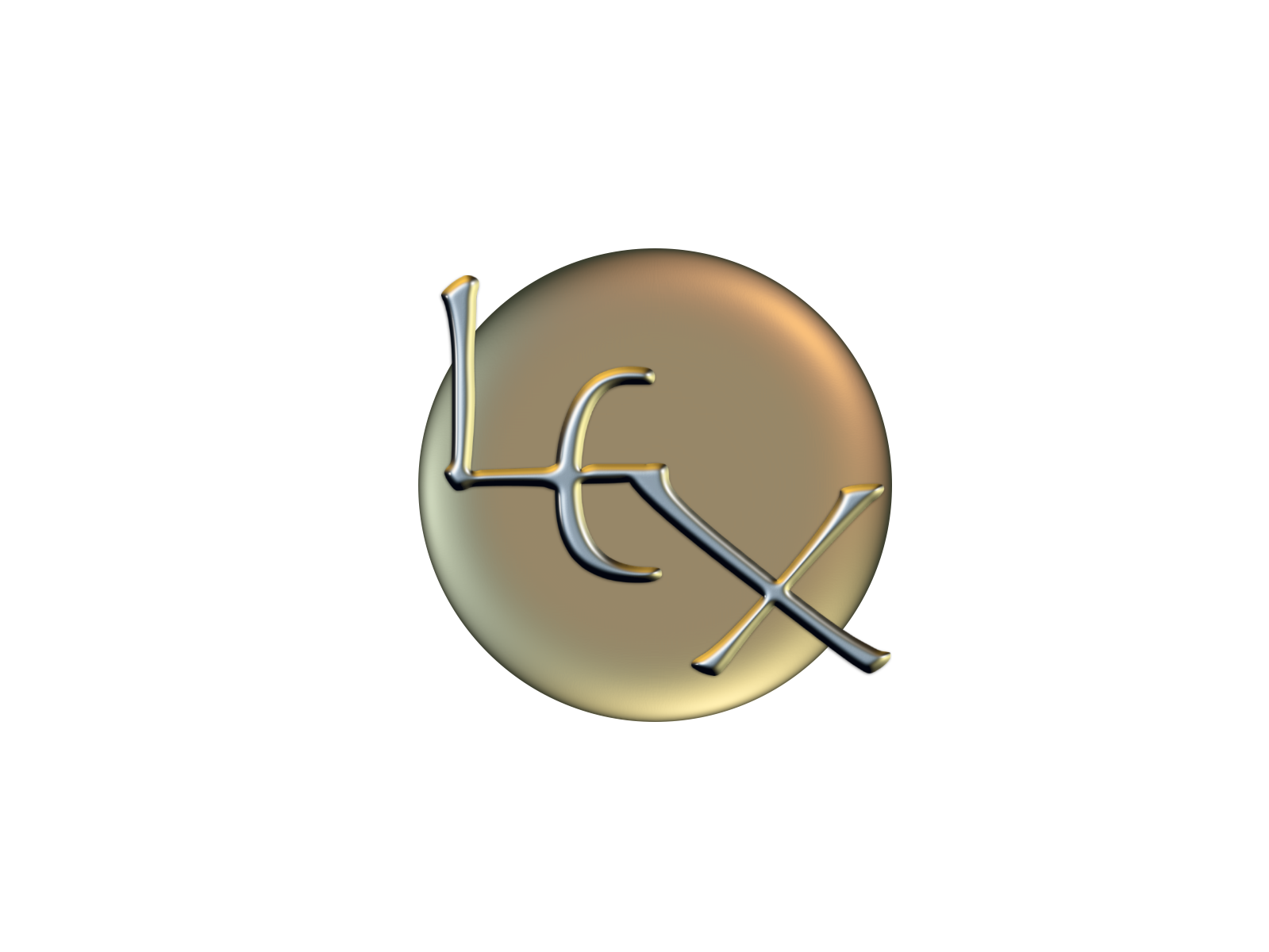I have been working on a Shameless post about my experiences at the end of September taking a letterpress printing class. It has a great title, but that's about it. I haven't struggled to capture something in writing like that for a while. I decided to let it lie and come back to it later, maybe.
So I've decided to capture something easier – something that has been on my mind and showing up in sessions with several of my kids, and also in some grown-up conversations.
In my experiences teaching and studying grammar, most grown-ups are pretty comfortable with the basics of nouns and verbs, and maybe adjectives, but when you throw adverbs into the mix, that's where the understanding starts coming unglued. Adverbs are what one of my teachers calls a sham class. Most word classes – also known as parts of speech – are more consistent with regards to their characteristics. "The problem," write linguists Aaron Smith and Susan Kim in This Language, A River, "is that the functions of the various members of the traditional adverb class are quite different." Unlike most word classes, adverbs can be both lexical or functional, not just one or the other.
Body and Mind
What I mostly love to show my students is how the suffix <-ly> actually works in English. A lot of people believe – falsely – that any word that ends in an <-ly> suffix is an adverb. It's not. Here's the truth.
